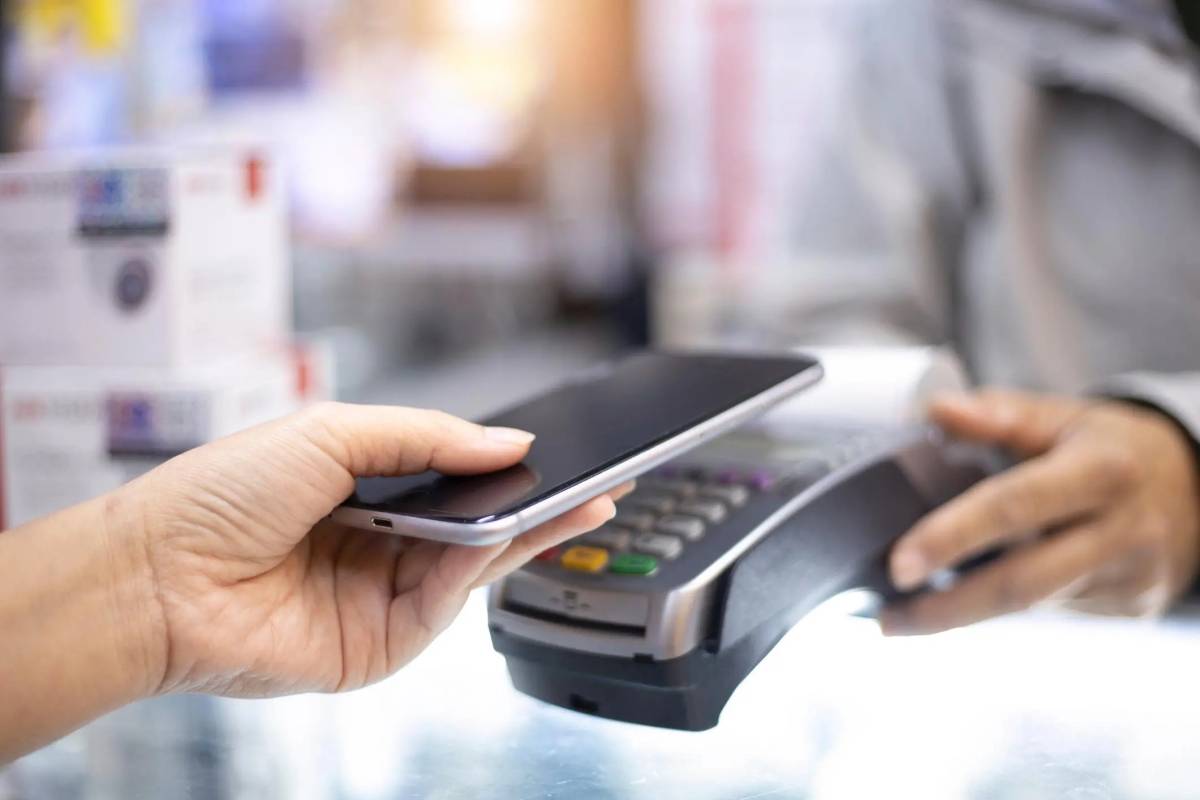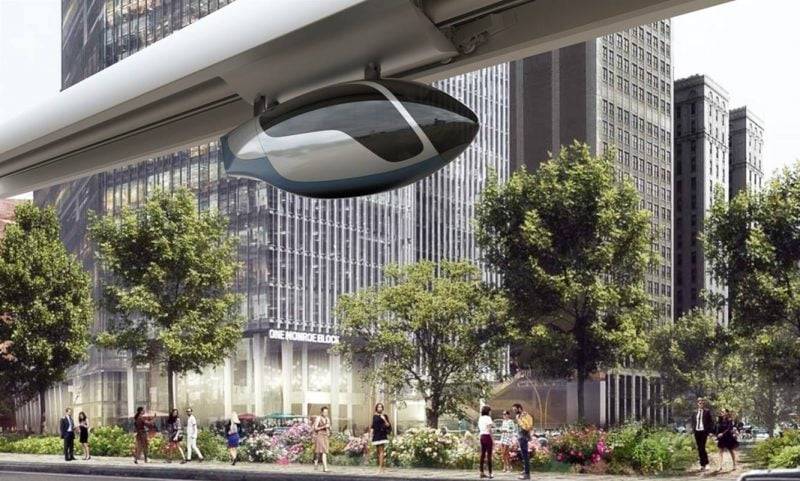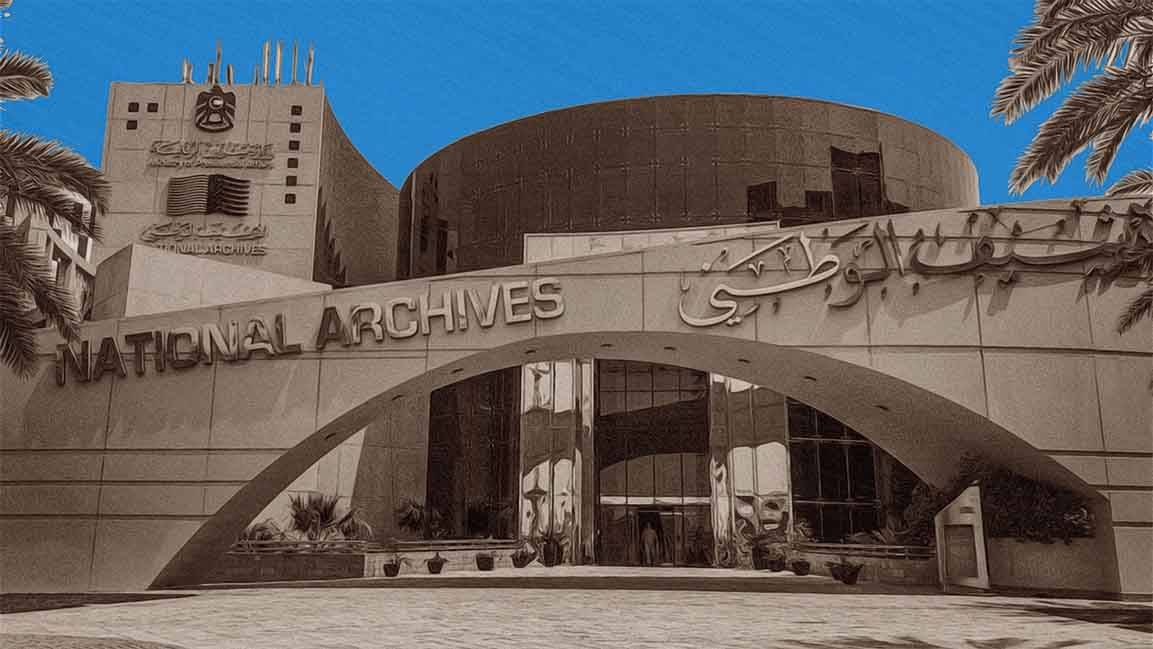Dubai's 10-year vision includes cashless economy and suspended transport system
As the city continues to evolve, these ambitious goals will play a crucial role in positioning Dubai as a global leader in multiple sectors.

Dubai: Dubai has set out a bold agenda for the next decade, with major initiatives aimed at transforming key areas such as education, real estate, transport, and digital payments.
The strategies align with the Dubai Plan 2033 and the Dubai Social Agenda 33, focusing on raising living standards, promoting innovation, and preserving cultural heritage.
Here are the five key goals that will shape Dubai’s future.
Dubai aims to establish itself as one of the top five cashless cities worldwide by 2033. This ambitious move is expected to generate Dh8 billion for the economy by boosting digital transactions.
The strategy seeks to ensure that all businesses in Dubai accept digital payments, reflecting a shift in consumer behaviour where everything from groceries to real estate is purchased without physical cash.

Suspended transport system
Dubai is introducing a 65km suspended transport system, connecting major areas like Umm Suqeim Street, Al Khor, and Zabeel.
By 2030, Dubai aims to automate 25 per cent of all trips within the city, and the suspended system will be integrated with other public transport networks.
Designed to provide a scenic and comfortable ride for passengers, the suspended transport will enhance accessibility for both residents and visitors, positioning Dubai as a leader in smart mobility solutions.

Student-focused education strategy
Dubai’s Education Strategy 2033 places students at the centre of the educational system. The strategy includes building strong connections between students, teachers, and parents, along with early career guidance.
The goal is to equip UAE students with the skills needed to compete at the highest levels globally, with an emphasis on vocational and internationally accredited institutions.
Consultation with over 700 educational stakeholders helped shape the strategy, ensuring it meets the needs of both local and global economies.

Real estate innovation and growth
The Real Estate Strategy 2033 targets raising Dubai’s real estate transaction value to Dh1 trillion over the next decade, with a 20-fold increase in the real estate portfolio value to Dh20 billion.
A key component of this strategy is integrating AI and data analytics to improve market predictions and transparency, making property transactions more seamless for buyers and sellers.
Additionally, the strategy prioritises sustainability and plans to boost home ownership rates to 33 per cent by fostering balanced communities.
Preserving history through the National Archives
The Dubai National Archives Project, led by the Mohammed bin Rashid Library, focuses on preserving the emirate's cultural heritage and government records.
By documenting Dubai’s success stories, the archives will contribute to both social and economic goals under the Dubai 2033 Plan.
This initiative ensures that Dubai’s legacy will be passed down to future generations, fostering a connection between the city’s past achievements and its future ambitions.

As the city continues to evolve, these ambitious goals will play a crucial role in positioning Dubai as a global leader in multiple sectors.